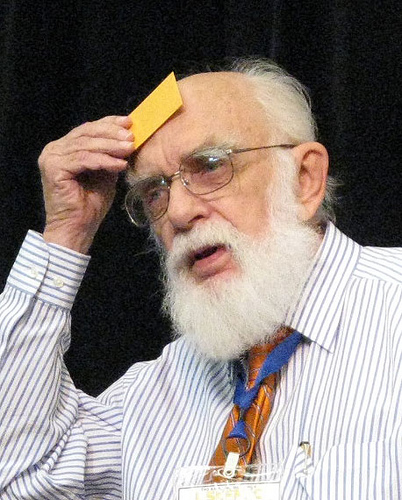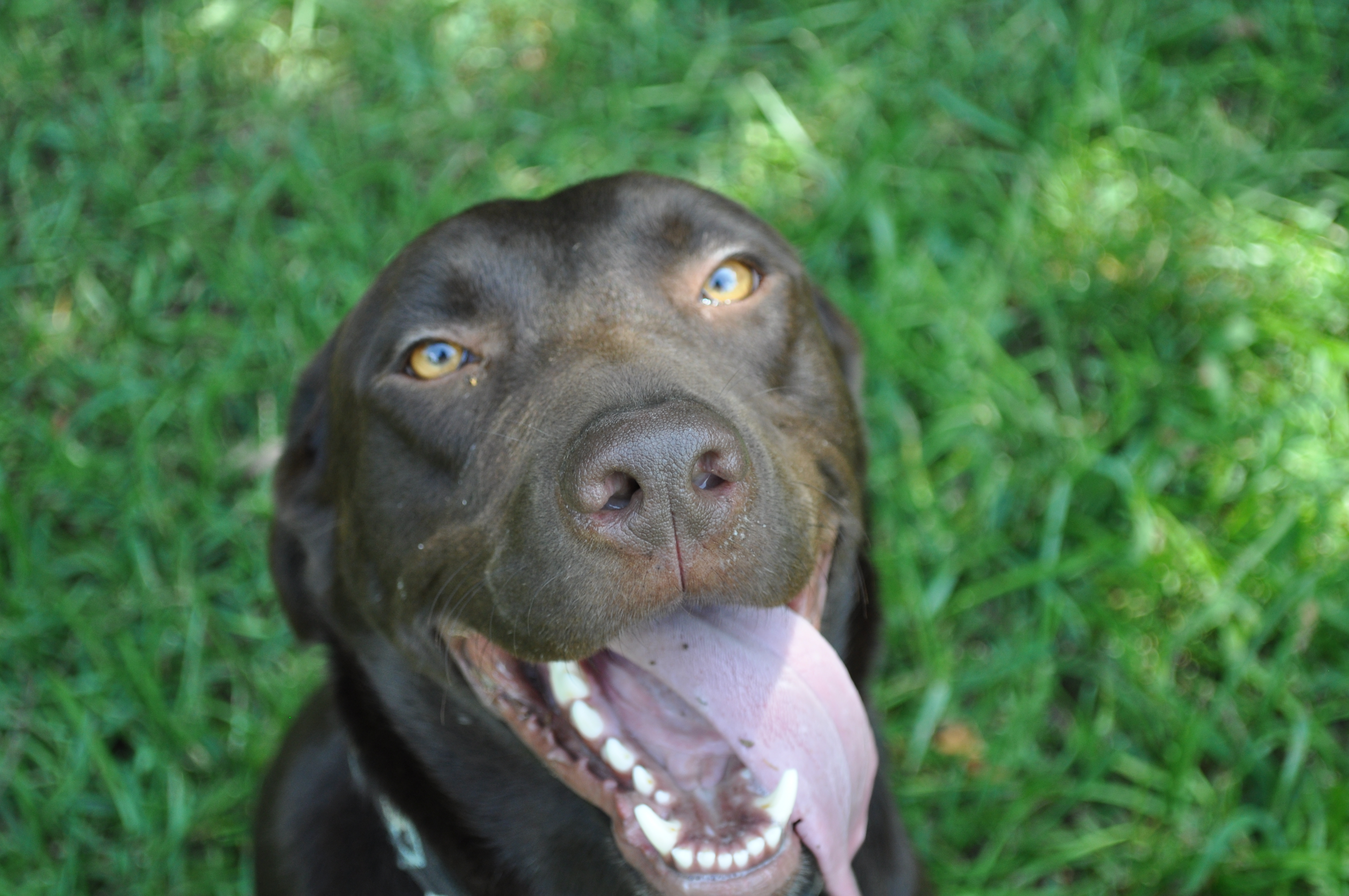We talk about stress exclusively in the negative, but languages offers two words: distress and eustress. The former is suffering that beats us down. The latter is struggle that makes us stronger. As with many things in life, not enough is as bad as too much. So, consider these two stories.
In the first story, scientists find distress in childhood leads to further struggles in adulthood. The surprise seems to be that PTSD in soldiers could be triggered by the loss of a support system offered by the military. How terrible must a family be to exceed the experience of war.
In the second story, Peter Gray offers a view of teasing as a traditional, gentle method of correcting social problems. This is eustress that is communicating a corrective idea and simultaneously reminding the subject–you are safe. This is ever-present goal and challenge of the parent, to help your child find the right path while always reinforcing that your love for that child is unconditional and unlimited. The closer we move towards that ideal, the less chance anyone needs to find comfort amongst fellow soldiers.
Embattled Childhoods May Be the Real Trauma for Soldiers With PTSD – Association for Psychological Science
According to Berntsen and colleages, all of these factors together suggest that army life – despite the fact that it involved combat – offered more in the way of social support and life satisfaction than these particular soldiers had at home. The mental health benefits of being valued and experiencing camaraderie thus diminished when the soldiers had to return to civilian life.
The findings challenge the notion that exposure to combat and other war atrocities is the main cause of PTSD.
“We were surprised that stressful experiences during childhood seemed to play such a central role in discriminating the resilient versus non-resilient groups,” says Berntsen. “These results should make psychologists question prevailing assumptions about PTSD and its development.”
The Educative Value of Teasing | Psychology Today
Teasing gets a bad rap, especially in educational circles, because of its association with bullying. But not all teasing is bullying. In fact, in most settings (maybe not in our typical schools), teasing serves positive ends far more often than negative ones. This essay is mostly about the positive uses of teasing.




